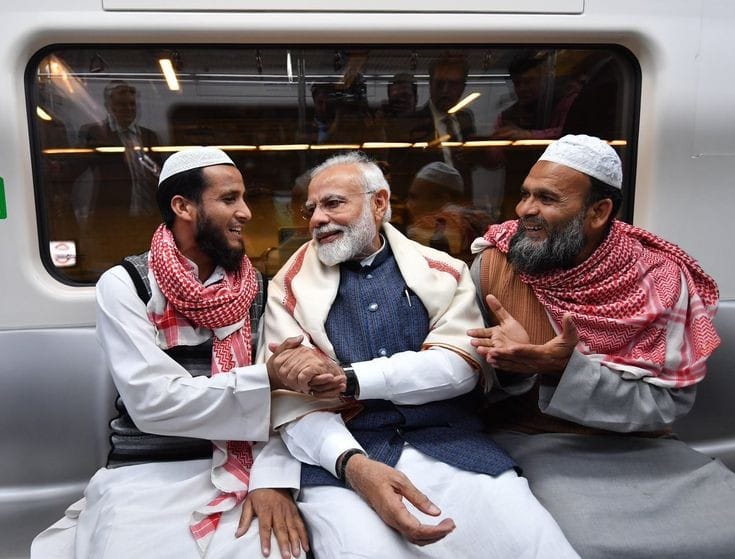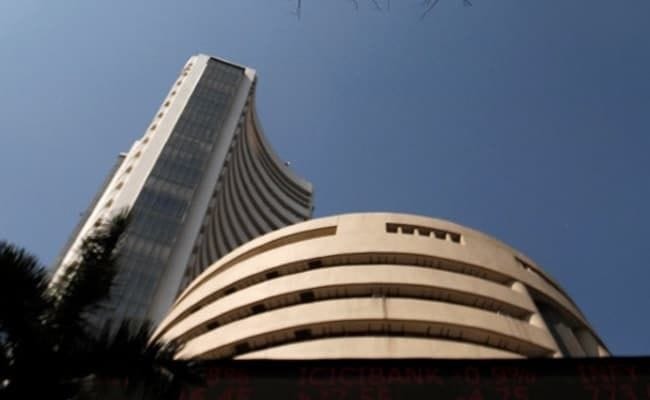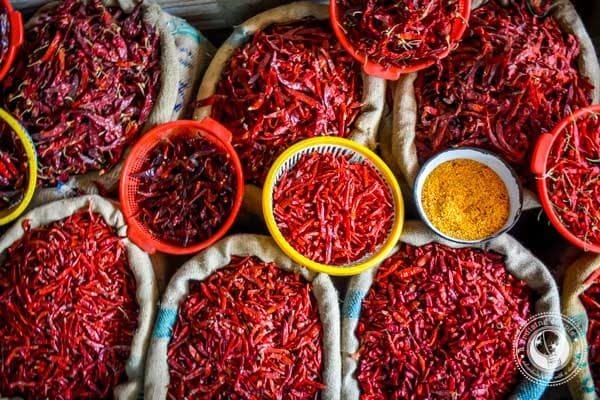The Muslim community in India has played a significant role in the country’s political landscape since independence. Muslims make up around 14% of India’s population, and their voting patterns and political affiliations have often been closely scrutinized and analyzed.
Historically, the Indian National Congress was seen as the party that represented the interests of Muslims. This was because many Muslim leaders had supported the Congress in their struggle for independence from British rule. However, the Congress was also seen as a party dominated by Hindu interests, which led to the formation of a separate political entity for Muslims, the All India Muslim League, in 1906.
The Muslim League played a crucial role in the partition of India in 1947, which resulted in the creation of Pakistan. While the majority of Muslims migrated to Pakistan at the time of partition, a significant minority chose to remain in India. These Muslims faced several challenges in the post-partition period, including the loss of property and the need to adapt to a new political and social environment.
In the early years of independence, the Congress continued to dominate Indian politics, and many Muslim leaders remained associated with the party. However, the Congress’s dominance was challenged in the 1960s by the emergence of socialist and communist parties, which attracted support from Muslims as well as other marginalized communities.
In the 1980s and 1990s, the rise of Hindu nationalist politics and the demolition of the Babri Masjid in Ayodhya in 1992 heightened communal tensions in the country. This led to the emergence of the Muslim vote bank as a significant political force. Political parties began to court Muslim voters, and many Muslim leaders emerged as important political figures.
The Indian National Congress continued to be seen as the party that represented the interests of Muslims, but it faced stiff competition from regional parties like the Samajwadi Party in Uttar Pradesh and the Trinamool Congress in West Bengal. These parties sought to address the specific concerns of Muslims, including discrimination and marginalization.
In recent years, the Bharatiya Janata Party (BJP), which has been associated with Hindu nationalist politics, has made significant inroads into the Muslim vote bank. This has been facilitated by the party’s efforts to project a more inclusive image and to distance itself from its earlier anti-Muslim rhetoric.
However, the BJP’s efforts have not been uniformly successful, and many Muslims continue to view the party with suspicion. The BJP’s policies on issues like cow slaughter, the Uniform Civil Code, and the National Register of Citizens (NRC) have been seen as targeting Muslims and have led to widespread protests and unrest.
Despite the challenges that Muslims face in Indian politics, the community has produced several important political leaders. These include former Presidents Zakir Hussain and Abdul Kalam, former Vice President Hamid Ansari, and former Cabinet Ministers like Salman Khurshid, Ghulam Nabi Azad, and E. Ahamed.
In conclusion, the Muslim community in India has played a significant role in the country’s political landscape. While the community has faced several challenges, including discrimination and marginalization, it has also produced important political leaders and has been courted by political parties seeking to secure its vote bank. The future of Muslim politics in India remains uncertain, but it is clear that the community’s role in shaping the country’s political future will continue to be significant.










